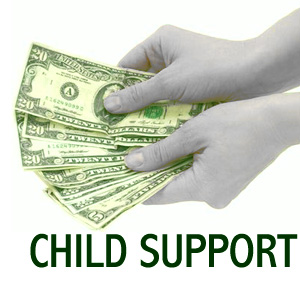 A husband brought an application to rescind and declare null and void the portions of a parties’ settlement agreement which dealt with child support. He claimed the amount of child support in the settlement agreement was unsustainable and overreaching. The wife in this case brought a cross application to declare that the agreement was enforceable.
A husband brought an application to rescind and declare null and void the portions of a parties’ settlement agreement which dealt with child support. He claimed the amount of child support in the settlement agreement was unsustainable and overreaching. The wife in this case brought a cross application to declare that the agreement was enforceable.
Judge Lawrence Ecker sitting in the Supreme Court Divorce Part in Westchester County stated in his decision the agreement was negotiated over a period of years. There was a mediation concerning issues involving custody, child support, equitable distribution, and spousal maintenance.
Capping Child Support Payments
The husband presented arguments that he was not properly advised that a court could cap child support payments. The attorneys for the wife claimed the husband did not properly assert allegations of fraud or duress in his motion to set aside the settlement agreement and therefore he was actually arguing that he was misled by the mediator and his attorney.
Husband Participated in Negotiations
The court took into consideration the husband was a smart businessman and a financial expert. Judge Ecker found the husband participated in the negotiation of the settlement agreement. The husband’s emails were presented in support of these allegations.
Judge Ecker also noted in his decision there was no obligation for a judge to cap the combined parental income at $136,000 or any other specific amount. The court in its decision found the husband had obtained competent counsel. His attorney had actively participated in negotiations with regard to the settlement agreement. The husband had voluntarily entered into the agreement and the agreement was valid and enforceable. The court rejected the husband’s claim in its entirety. The court held the wife had established she was entitled to a judgment of divorce, the stipulation of settlement was valid and enforceable and therefore granted her summary judgment motion for a divorce.
The husband made a good try at setting aside the agreement but unfortunately his argument was weak and not substantiated by statutes or caselaw.


 Justice Duffy sitting in a Supreme Court Part in Westchester County recently ruled a man had to pay his ex-wife more than $282,000 in
Justice Duffy sitting in a Supreme Court Part in Westchester County recently ruled a man had to pay his ex-wife more than $282,000 in  Business expenses should be real business expenses and not be created to hide income thereby reducing a party’s support obligations.
Business expenses should be real business expenses and not be created to hide income thereby reducing a party’s support obligations.
 Elliot Schlissel is a
Elliot Schlissel is a  Elliot S. Schlissel is a
Elliot S. Schlissel is a  The writer has been helping
The writer has been helping 





